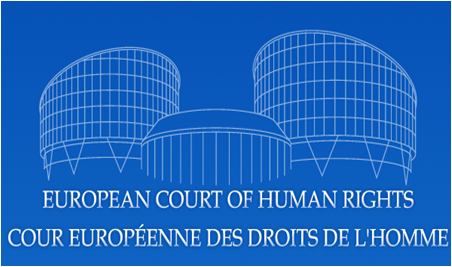ECtHR: No violation of Article 6 in Gilligan v Ireland

In its judgment in the case of Gilligan v Ireland, the European Court of Human Rights has unanimously held that there had been no violation of Article 6 (right to a fair trial within a reasonable time) of the European Convention on Human Rights.
The case concerned the length of several sets of proceedings related to the seizure of the applicants’ properties under the Proceeds of Crime Act 1996, which had included multiple legal stratagems by them within a range of proceedings back and forth across two levels of jurisdiction.
The court found in particular that the delays had mainly been down to the applicants’ wrong-headed legal tactics, which seemed more designed to frustrate and delay the proceedings before the domestic courts than to reach a conclusion.
The applicants’ main complaints had concerned the fairness of the proceedings and the deprivation of their property (Article 1 of Protocol No. 1 to the Convention) but these had been rejected as inadmissible in a single-judge decision in 2018. The application was lodged with the European Court of Human Rights on 26 July 2017.
Judgment was given by Mārtiņš Mits (Latvia), President, Síofra O’Leary (Ireland), Lətif Hüseynov (Azerbaijan) and Martina Keller, Deputy Section Registrar.
The court noted that the proceedings in question had not been linear, but instead had been a succession of phases with numerous procedural – and often repetitive – steps. As indicated by the Government, there had been seven separate originating proceedings, over 88 separate applications, leading to 14 separate reasoned judgments and 29 appeals. It noted that the applicants had been among the first people to be targeted under the relevant legislation, which would have posed a challenge for the domestic courts, including needing clarifications from the Supreme Court. The court agreed with the domestic courts that the applicants’ objectives could have been achieved in a more straightforward manner. Instead, they had wasted time with wrongheaded procedural tactics. The lengthy time until the applicants had sought relief in the correct form under the Proceeds of Crime Act, fully 12 years after the Criminal Assets Bureau’s initial action, had been down to them.
When they had finally sought to explain the source of the funds used to acquire the properties in question, this evidence had been emphatically rejected by the domestic courts, which had considered the first applicant to be untruthful. The court noted that the applicants had been responsible for several delays in the appeal to the Supreme Court against the High Court judgments of 2011.
The court observed that the authorities had dealt with the matter diligently and without major delays overall. Concerning the proceedings before the Supreme Court, the court noted certain delays, but stated that, having regard to the applicants’ general approach to the litigation, those delays had not contributed to the overall length of proceedings. There had been no logjam of cases concerning the freezing of property suspected of being the proceeds of crime and no systemic delay in their regard.
As the applicants had been permitted to live in the properties during this time, the court adjudged that the length of proceedings had not been unduly prejudicial to them. However, the court strongly emphasised that the stakes in this case could not be considered in isolation from the purpose for which the proceedings had been instituted by the authorities in the first place, namely to freeze and then ultimately to seize assets acquired using the proceeds of serious criminal activity.
The court found that the applicants, through their vexatious delaying tactics, had been responsible for the overall duration of the proceedings, in what the domestic courts had found to be an abuse of process, with the applicants litigating and re-litigating the same issue over and over again. Accordingly, there had been no violation of their rights under this article.
The court was of the view that speeding the proceedings towards a conclusion held little real interest for the applicants. Indeed, their conduct strongly suggested the contrary intention. The court thus held that it would be inappropriate to examine the question of an effective domestic remedy in the domestic legal order in the present case.





